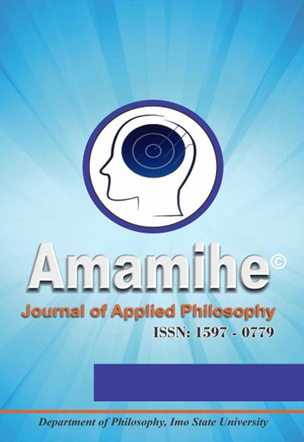
Vol. 20 No. 2, 2022
ABSTRACT
Leadership style has significant influence on the relationship between leaders and subordinates, the involvements of sub-ordinates in decision-making process, and the health of the organisation, including the church. There has been a gradual departure from the inclusive or participative style of leadership exemplified in the New Testament, to the autocratic leadership style in the church of the 21st century. This deviation has increased the discontent between leaders, associates and church members, resulting in fragmentation of churches, reduction in the effective growth of churches and impacts on the society. To ameliorate these negative trends, the new leadership team of Philadelphia Baptist Association, Plateau State, adopting the principles of participative leadership, involved other church leaders in the process of finding solution to a perceived problem. The qualitative research strategy was adopted, using the Delphi technique for consensus building as instrument for data collection. The result revealed that involving other church leaders in the process of finding solution to a common problem was very rewarding. It enabled the participants to develop suitable solutions that can be referred to as the six critical factors. These factors challenge the church leaders and members alike. Therefore, the practice of the principle of participative leadership could be the necessary panacea to the deficiencies and negative impacts of the current authoritarian leadership style, which is causing discontent, fragmentation and stunt growth.
